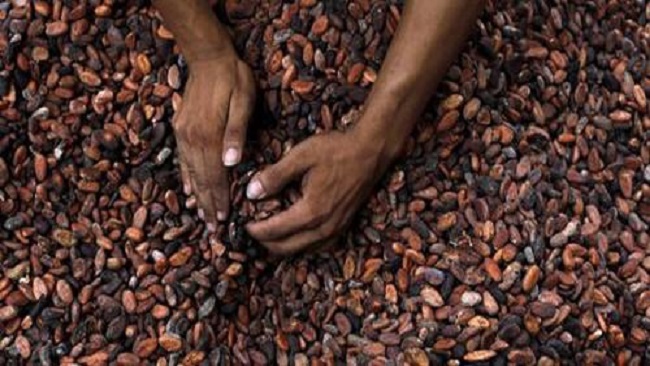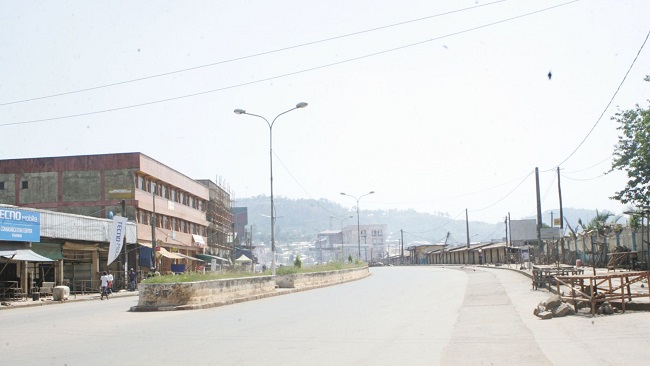18, August 2018
Gilat Telecom wins connectivity order from Nexttel in Cameroon 0
Gilat Telecom, formerly known as Gilat Satcom, said that it has been chosen by Nexttel to provide 4G broadband services in Cameroon. Nexttel is part of the Viettel Group and has been operating in Cameroon since 2015, where it is now the third largest operator after Orange and MTN, with approximately 5 million customers. Nexttel will be using Gilat Telecom’s fibre network both within Cameroon and across Africa to provide a fast, reliable broadband service to its customers.
Dan Zajicek, CEO of Gilat Telecom, said demand for mobile broadband services is very high in Cameroon as people want to be able to go online from their phone over a reliable and fast network. Gilat Telecom was chosen after a competitive tender that included a number of established wholesale carriers in Africa. Gilat said it was chosen for its customer service and high SLAs.
Source: Telecompaper



























24, August 2018
Cameroon’s cocoa production decreases 0
Cameroon has been experiencing a significant decline in its cocoa production for several months now. The decline according to cocoa farmers is due to the impact of climate change and the use of bad agro chemicals.
The ongoing Anglophone crisis has also hampered cocoa production in Manyu, a cocoa growing area located in the southwest of the country.
“Because of the crisis, some buyers are now afraid to come here, during this period for example, big buyers prefer to give money to small retailers so they come to buy for them, John Ebot said.
The government which plans to increase cocoa production to 600,000 tons by 2020 has encouraged the planting of cocoa seedlings on 400,000 hectares of land.
Cameroon’s inter professional cocoa-coffee council predicts a slight improvement in production around 230 000 tons.
‘’ You see the quantity I have removed at this time; yes this is not our real cocoa season. The season is almost over. This is just the finishing, cocoa farmer, John Ebot said.
According to the latest estimates of the Interprofessional Cocoa and Coffee Council, the average price of cocoa beans per kilogram for farmers has reduced from a little over $ 2 at the beginning of the last season to $ 1.58 cents or less at the moment.
Source: Africa News